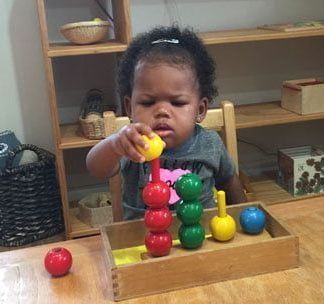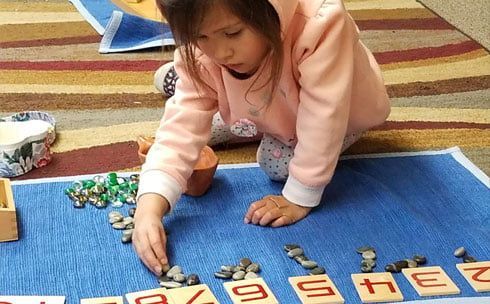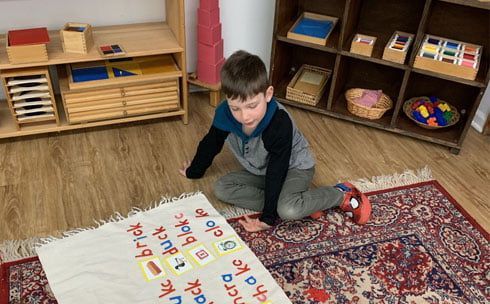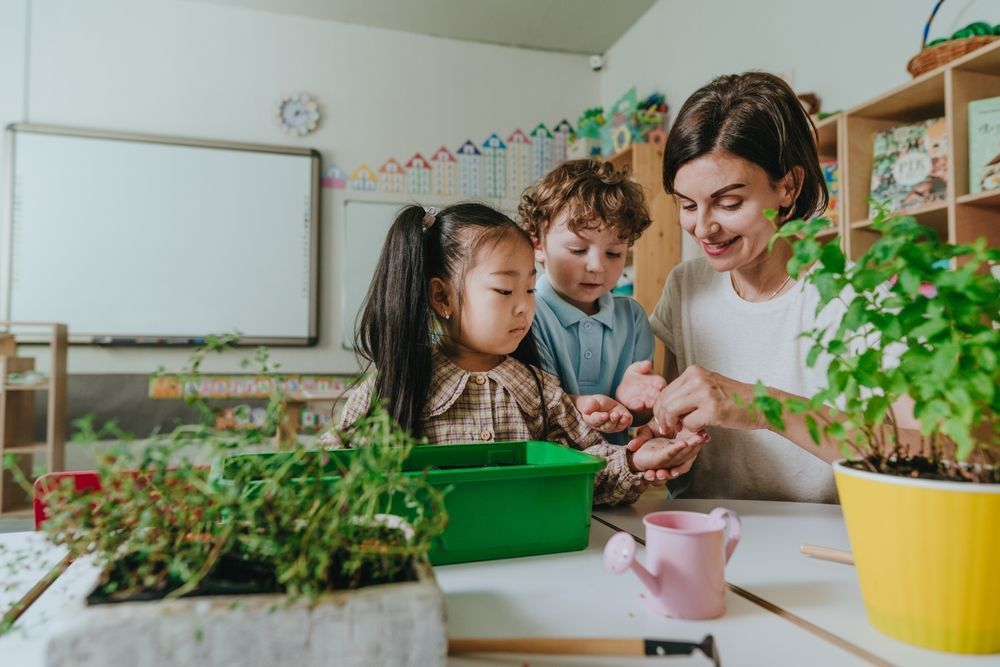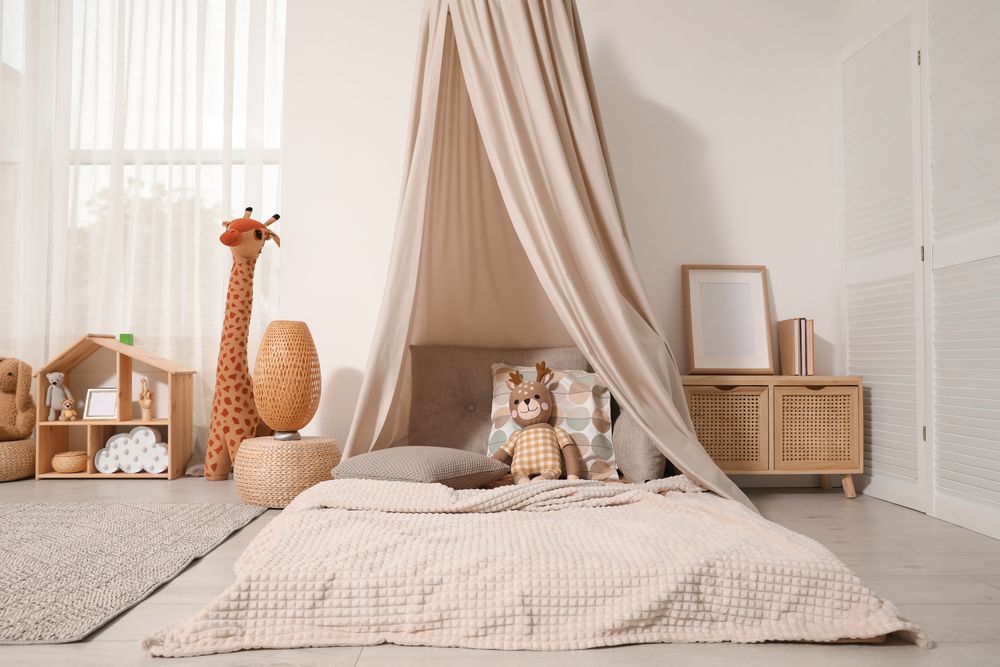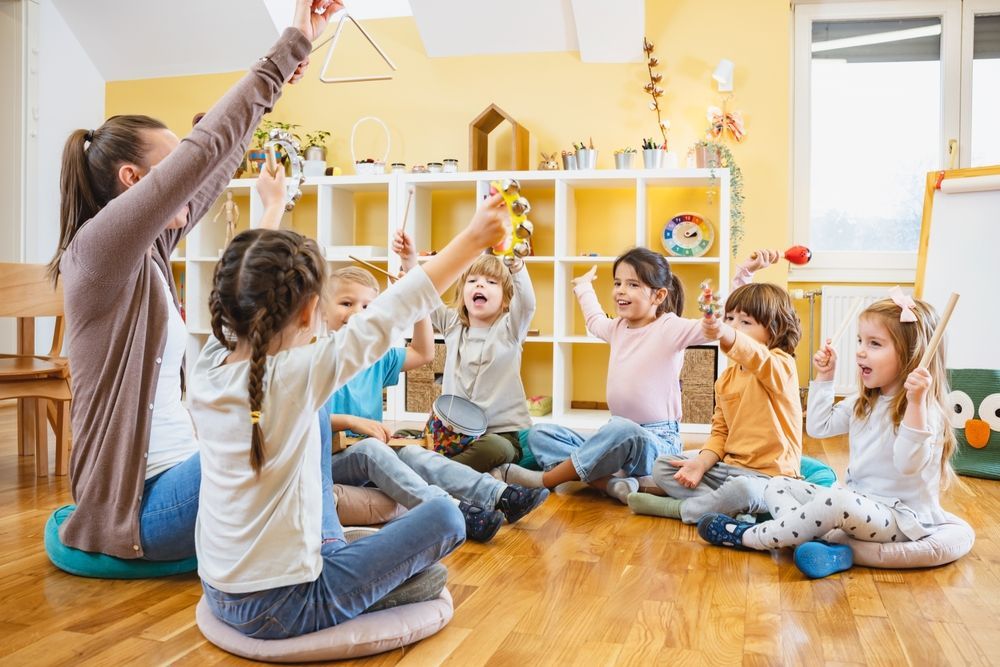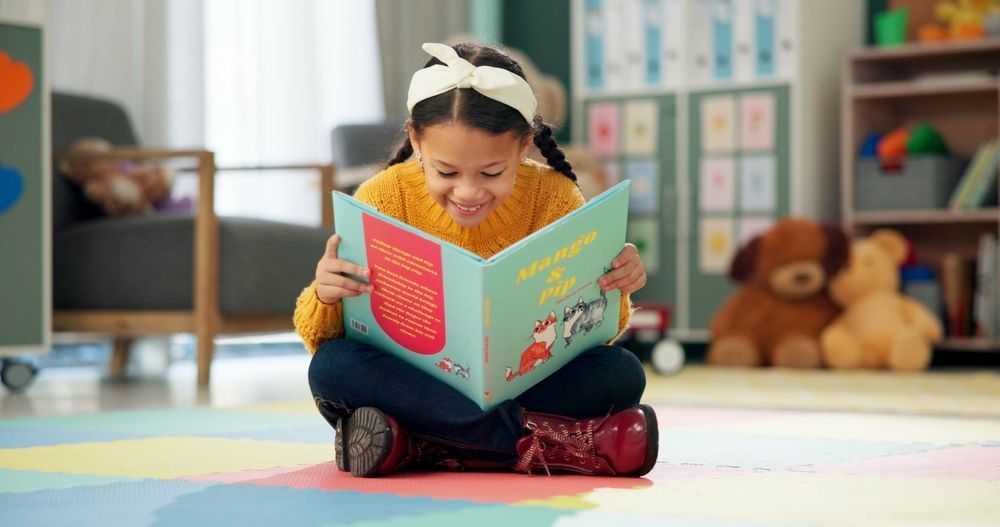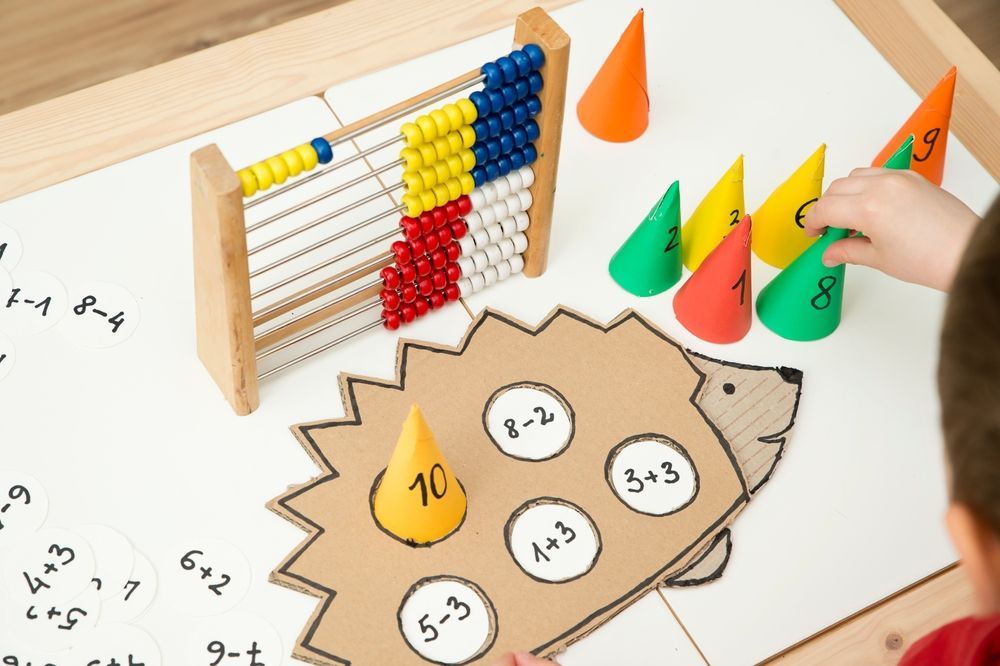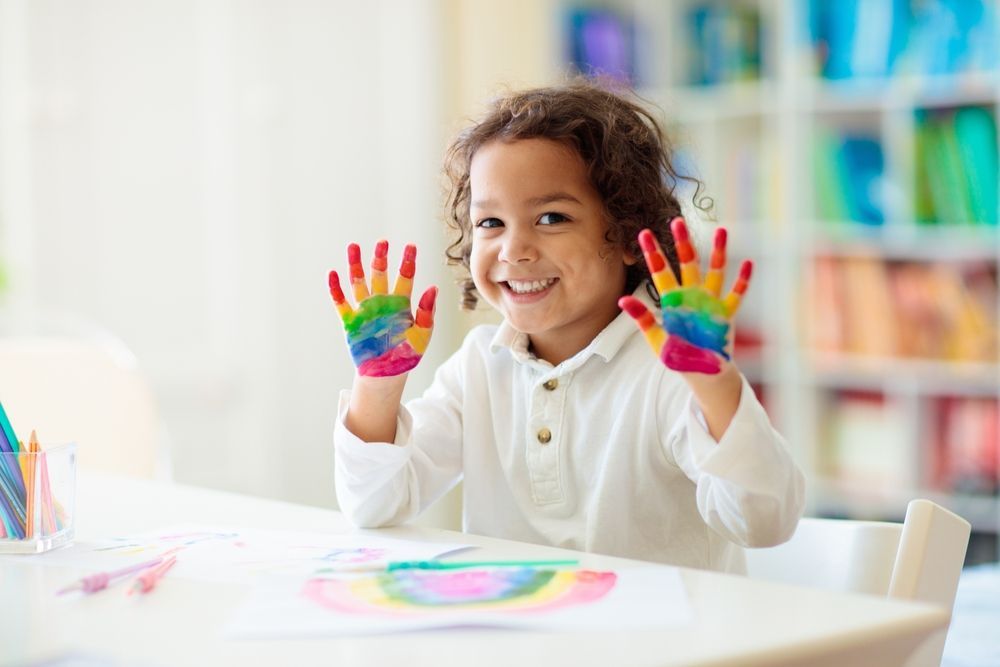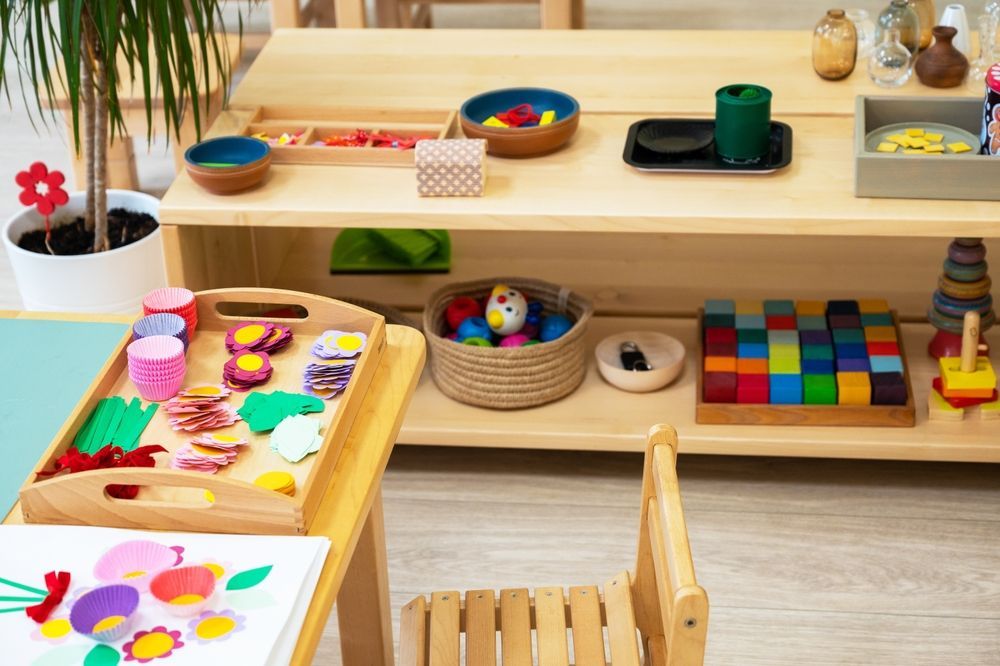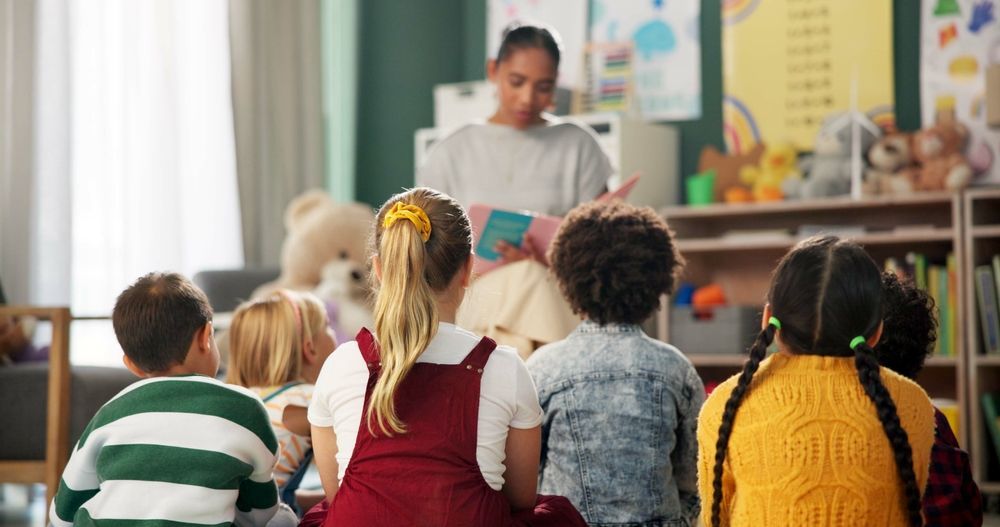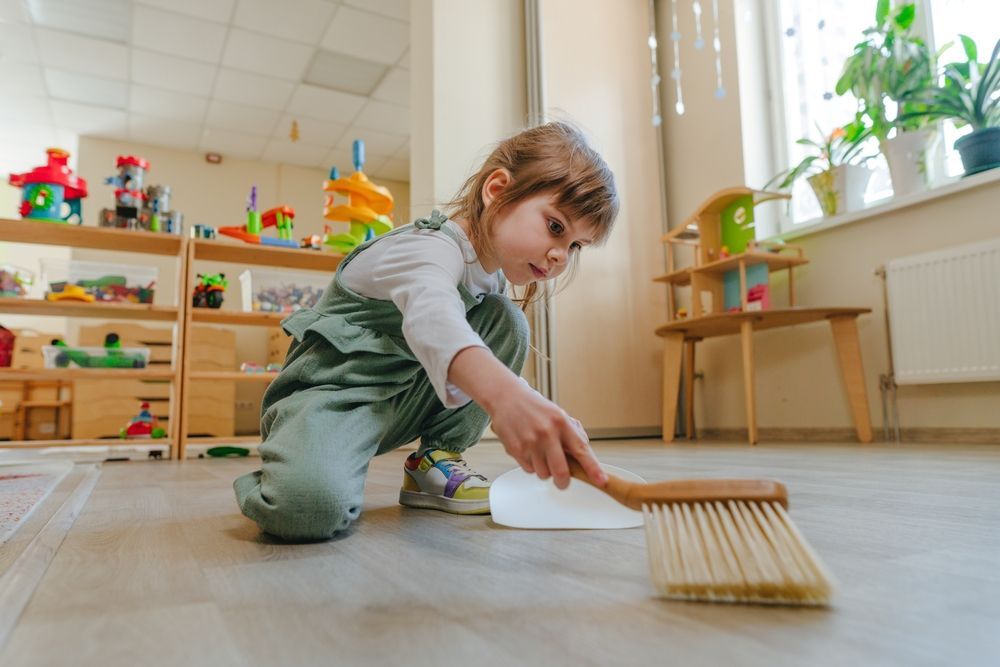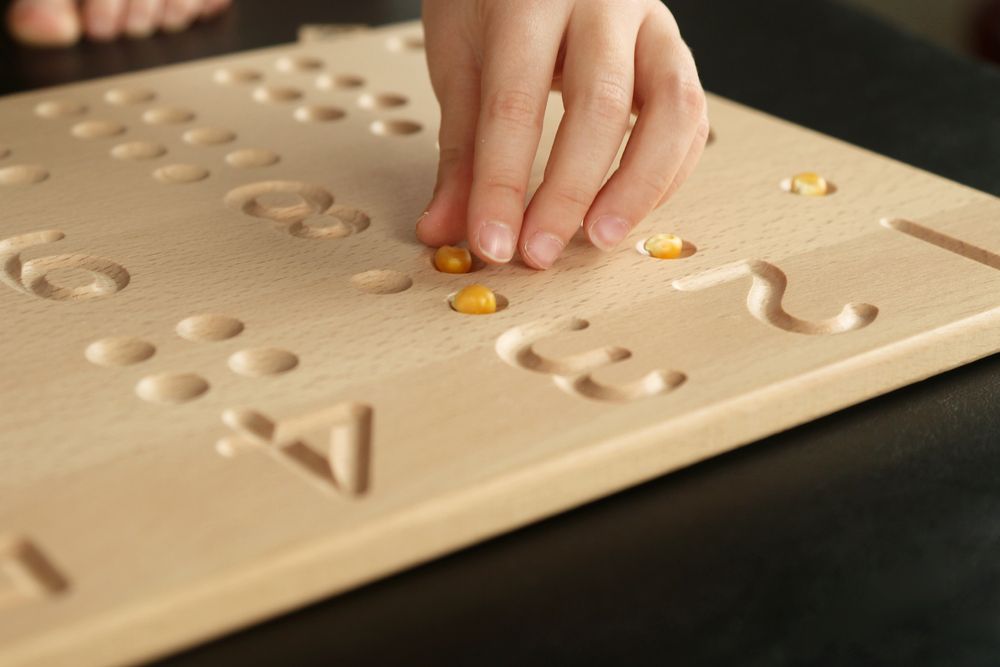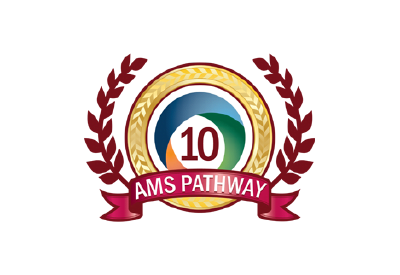Written by: Mansio Montessori

Montessori’s primary curriculum focuses on teaching children the skills they need to be independent, functional people. A main focus of the early years of Montessori is Practical Life Activities. These activities, designed primarily for the preschool ages, provide children with skills they will use
well into their adult lives. Instead of
playing with toys, children in the Montessori classroom play by performing these skills.
What is Practical Life?
Because children want to do the tasks they see adults performing and gain great satisfaction from doing so, the curriculum focuses on providing activities that build these skills. In the primary classroom, starting around age 2.5, children receive real-life
tools and activities that help them interact with their environment and the people in it in healthy, supportive ways. Whether that is putting on their own jacket or cleaning up after lunch, these Montessori Practical Life Activities bring immense satisfaction when the children complete them properly.
What Are the Benefits of Practical Life Activities?
Practical Life Activities give children a sense of accomplishment and independence. They also build concentration and motor skills, including fine and gross motor skills. They bring a child a strong sense of order and control over themselves and their environment.
The more children practice Practical Life Activities, the better their control over their bodies becomes. They also gain good hygiene practices and better social skills. Because children take responsibility for themselves and their environment, Montessori Practical Life Activities also help build a sense of ownership.
What Types of Practical Life Activities Are There?
Practical Life Activities fall into four main categories. These are:
Care of the Person
Teaching children to take care of their bodies and clothing is an essential life skill. It fosters independence and feelings of confidence. Care of the Person activities also focuses on independent hygiene skills.
Care of the Environment
Care of the Environment focuses on teaching children to care for their belongings, the room they are in, and the décor in their space. This fulfills the child’s desire to have meaningful activity. It also involves cleaning and helping others.
Grace & Courtesy
Grace and Courtesy activities focus on teaching peaceful communication. Greeting someone, using kindness in everyday activities, and using manners are all part of these activities. These primarily focus on interpersonal relationships. These activities also teach positive conflict-resolution skills.
Control of Movement
Young children need to move. Movement is vital for developing the mind as well as the body. Practical Life includes exercise that helps control and refine movement, including both large-motor movements and the fine dexterity needed for small motor tasks.
Popular Practical Life Activities
While all Practical Life activities fall into one of the previously mentioned categories, there are multiple activities within each that have a role to play in the Montessori classroom. Here are some of the popular options to consider for your learning space.
Handwashing
Washing hands independently is important for hygiene. With sinks at a child’s level or step stools that make larger sinks accessible, children can learn this task quite early. It becomes part of the mealtime and snack time routine, with instructions about soap, water, and paper towels. Children can start learning this Care of the Person skill as early as
age one but should become fairly independent by age 2.5.
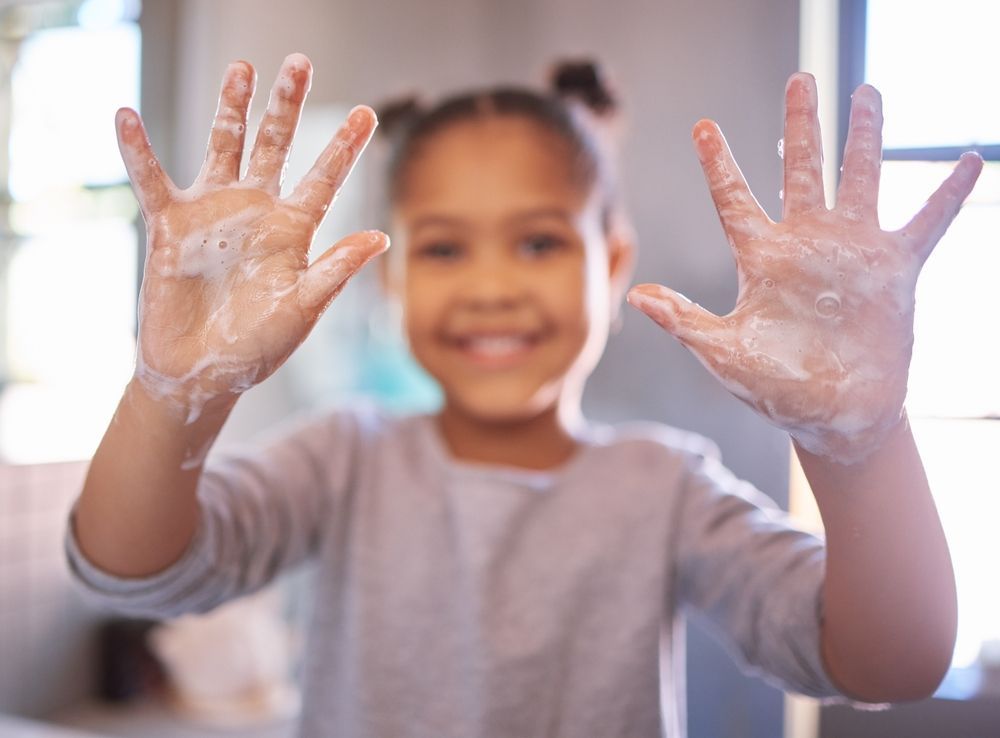
Cleaning a Spill
When involved in Care of the Environment activities, children can learn to take care of messes that they make. Cleaning up a spill is simple but important. Children as young as 2.5 years can learn this at meal and snack times.
Folding Clothes
Folding clothes is taught as early as age three. This is not only a life skill, but it also builds Control of Movement while working on fine motor skills.
Arranging Flowers
Care of the Environment is about beauty as well as practical cleaning and care. Arranging flowers teaches children to enjoy nature while also developing fine motor skills and visual discrimination. This activity works well for ages 3 and 4 and complements
outdoor gardening activities well.
Animal Care
A classroom pet that children care for helps develop Care of the Environment skills. It also teaches empathy. Because this activity involves a living creature, it is best for children ages 4 and older.
Setting a Table
Appropriately setting a table for a meal can start as early as age 3. This Care of the Environment activity teaches the child how to care for the environment and the people in it, while also building fine motor skills and visual discrimination.
Silent Game
The silent game, a game involving sitting still and quiet, teaches children to listen. Asking children to sit quietly and still without talking and with their eyes closed, then inviting them to listen to a sound, such as an instrument or a natural sound, can encourage this Grace and Courtesy activity. It works best for ages 4 and older.
Hammering Nails
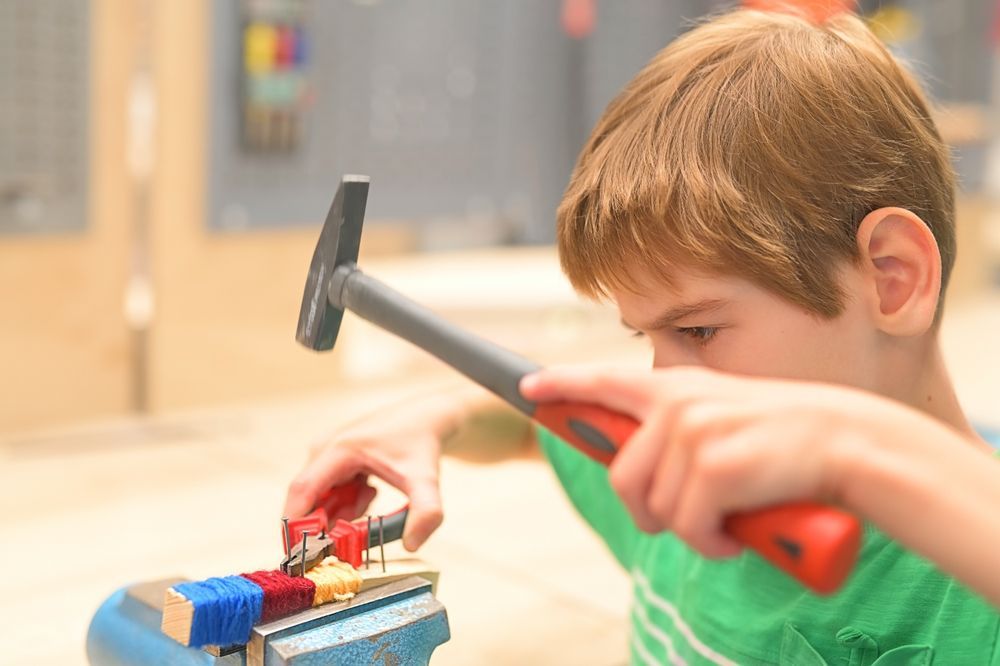
Hammering nails teaches children how to use tools and interact with sharp, heavy objects safely. It involves both gross and fine motor skills. This Care of the Environment activity is best for ages 4 and older. It can start with toy hammer and nail sets but should progress into real tools as the children gain competency.
Wrapping a Gift
Wrapping a gift teaches the social lessons associated with gift-giving. It also helps children learn fine motor skills, and it involves estimation practice. Most 4 to 5-year-olds can attempt this Grace and Courtesy activity.
Walking a Line
Walking in a line and taking turns builds Grace and Courtesy toward others. It also helps a child understand their body position as they learn to control movement. This activity can start around age 2.5.
Greeting People
Using a polite, formal greeting builds awareness of Grace and Courtesy, along with social customs. Children can learn this starting at age 2.5.
Offering Help to Others
Young children must learn the art of empathy. Activities that encourage helping others build this. Most 4-year-olds are able to start learning this invaluable Grace and Courtesy skill.
To learn more about Montessori Practical Life Activities or to see them in action, give us a call to schedule a visit today.
Forms, Policies, and Calendars | Website imagined & executed by RivalMind
